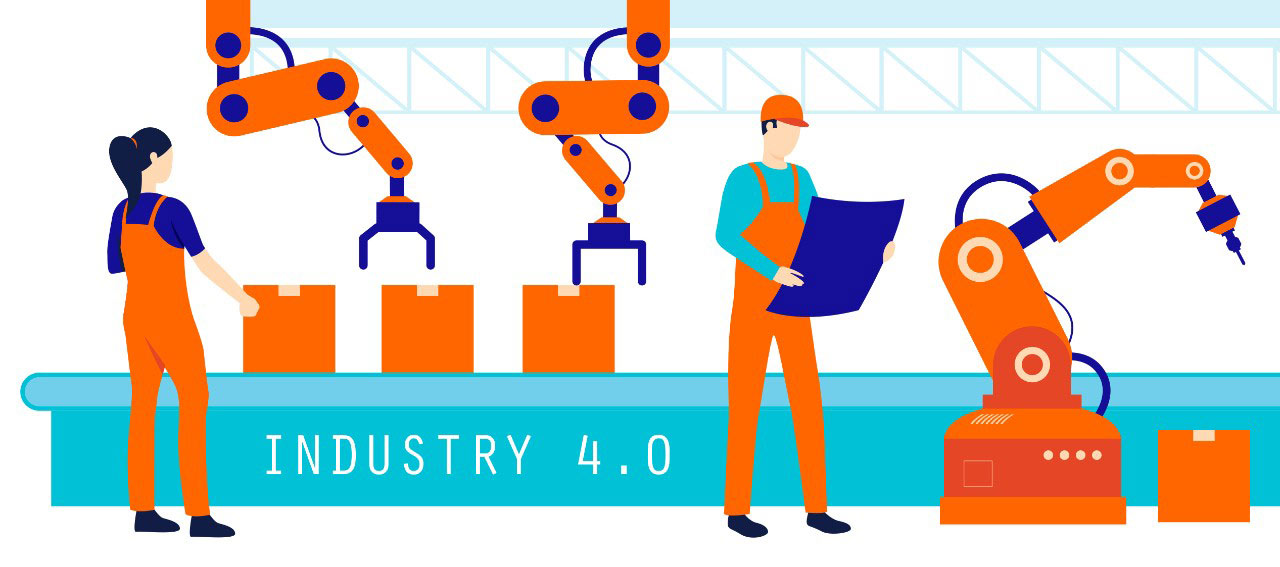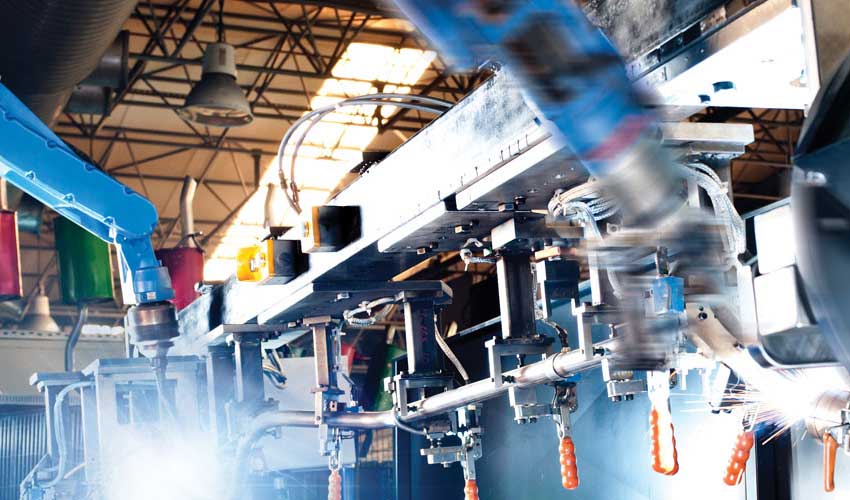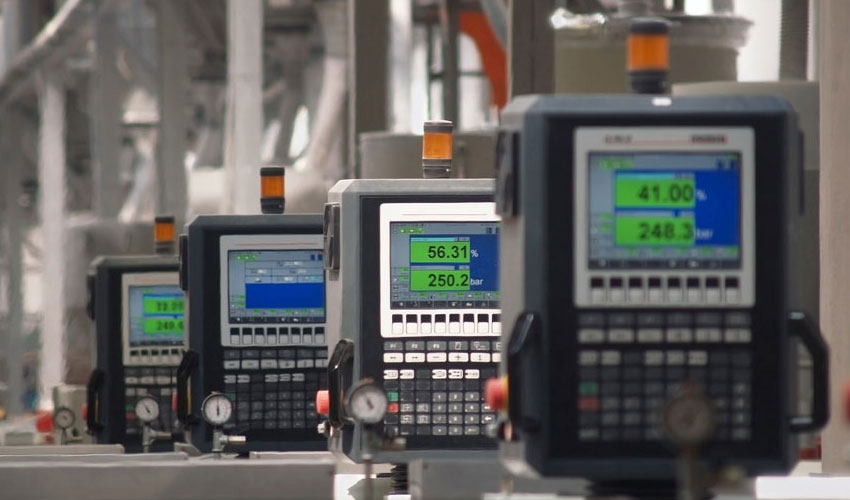The changing face of Singapore’s manufacturing

Singapore has long had ambitions to move its industrial base up the value chain to strengthen its position as the leading industrial hub for companies worldwide. Already, it is the world’s 4th largest global exporter of high-tech goods, produces five of the world’s top 10 drugs and is the 5th largest producer of refined oil1In fact, the manufacturing sector remains Singapore’s largest industry, contributing 20%-25% of the country's annual GDP2.
Even as the Covid-19 pandemic continues to ravage Asia, Singapore set out an ambitious growth target for its manufacturing sector - 50% over the next ten years3 – with a three-pronged strategy: attracting frontier investments, transforming local enterprises in advanced manufacturing and, critically, developing talent in the field.

What does all this mean for Singapore’s manufacturers?
Central to this national plan is the shift towards Industry 4.0 (The Fourth Industrial Revolution), which is starting to revolutionise how local manufacturers operate traditionally, with a significant focus in automation, machine learning, data and interconnectivity. According to BCG4, Industry 4.0 is estimated to add S$32 billion in total manufacturing output, boost labour productivity by 30% and create 22,000 new jobs by the year 2024 in Singapore.
To effectively leverage the slew of government support measures to fuel growth, it is important for manufacturers to understand and watch trends that are shaping the industry.
Below we highlight four main themes:
-
Digitalisation is a necessity
The way we manufacture has changed forever; partly because of the pandemic, but largely due to the major leap in digitalisation and artificial intelligence (AI), and other technologies such as the Internet of Things (IoT) that bring together all elements of the manufacturing process.
Singapore’s manufacturers are at varying points in their digitalisation journey – some are further along, while others are just starting but are fast-tracking their efforts because the benefits of digitalisation are clear.
Beyond productivity gains, going digital (and smart) enables companies to create revenue opportunities by moving towards higher value-added activities. It also improves visibility across operations, allowing more informed decisions to be made with real-time data, and improves utilisation by maximising asset performance and runtimes of machinery.

-
Speed is essential
This brings us to another key factor for growth – how quickly manufacturers can accelerate their innovation cycles, so they can bring products to market quicker and diversify into new growth markets.
This impacts every aspect of the manufacturing process, from R&D, to production, to logistics through to sales and marketing. Manufacturers need to respond rapidly to change to meet the evolving customer demands and needs.
Just-in-time inventory management and tightening timelines make it more critical than ever for manufacturers to meet deadlines. As customers demand more speed, more reliable cycle times, and more transparent relationships, manufacturers are expecting the same from their suppliers.

-
Supply chain is gaining complexity
The past two years have seen the global supply chain being put to grueling tests, highlighting the challenges that come with supply chains that are increasingly interconnected and spanning multiple geographies.
Widespread disruptions – be it due to the pandemic or episodic crisis such as the Suez Canal blockage – have given manufacturers plenty of food-for-thought when it comes to suppliers and supply chain management.
Local manufacturers are using the lessons learned to re-examine and restructure their supply chain networks to build resilience. There is an opportunity for manufacturers to leverage data to create transparency and better address short and medium-term demand and supply chain implications. -
A smarter workforce is taking shape
Finding the right talent is one of the common woes among Singapore’s manufacturers, even more so in the Industry 4.0 era. In tandem with the transformation, it is no longer about repetitive tasks done in a structured environment. Smarter manufacturing calls for a completely new set of skills and capabilities.
Thanks to its decades-long investment in education and government’s commitment to continuously reskill and upskill the manufacturing workforce, Singapore is less at risk from automation compared to other APAC peers5.
Just as we are excited to see a new manufacturing employee persona, we are also looking forward to more success stories of companies innovating to upskill their employees and help them thrive in an evolving future that involves managing complex projects and working with state-of-the-art technologies.
The dynamic nature of the manufacturing industry and how it interacts with these simultaneous shifts present massive opportunities.
To fully capitalise on them however, manufacturers need to not only understand the interconnected challenges within and outside their organisations, but also take short and long-term actions to be in the best position to seize these opportunities.
Industry 4.0 and manufacturing risks
Industry 4.0 has revolutionised how local manufacturers do business.
As uncertainty comes in many shapes and forms, it's time to think about new exposures for which you may not be fully prepared.


No part of this article may be reproduced in any written, electronic, recording, or printed form without written permission of Chubb.
Disclaimer - The content of the above article is not intended to constitute professional advice. Although all content is believed to be accurate, Chubb Insurance Singapore Limited (Chubb) makes no warranty or guarantee about the accuracy, completeness, or adequacy of the content of this article. Users relying on any content do so at their own risk.

Have a question or need a quote?
Contact us to find out how Chubb Assembly can help you get covered against potential risks